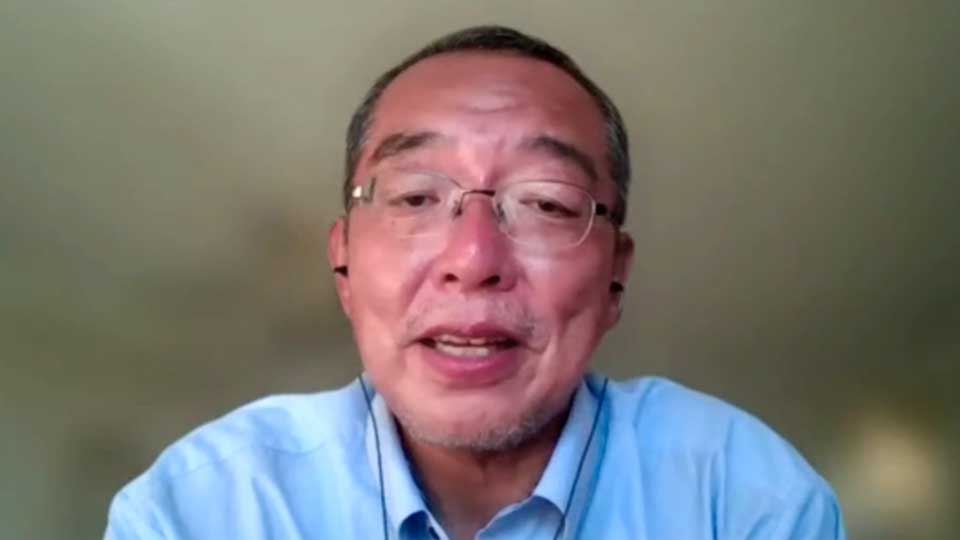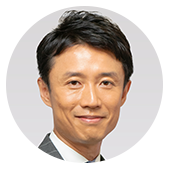Hattori Tadashi was one of Japan's leading eye surgeons when a chance meeting at a conference two decades ago changed his life. He met a Vietnamese doctor who invited him to bring his talents to her country.

A 3-month plan turned into a life-long mission
Hattori accepted her invitation, thinking his stay would last about three months. But once he began seeing patients in Vietnam, he was shocked to see the prevalence of cataract blindness. After he returned to Japan, he couldn't stop thinking about the people who would go blind just because they couldn't afford surgery.
Hattori decided to quit his job and began shuttling between Japan and Vietnam almost every month. For two decades, he has been treating patients for free in Vietnam, using his own savings to buy and donate medical equipment. He also works as a freelance surgeon in Japan to raise money for his cause.
Hattori says his source of enthusiasm is his patients' smiles. "When I see a patient smile after surgery when they see light again, I'm filled with happiness. That's not something money can buy."

Lifting people out of poverty
Vietnam has experienced rapid economic development, but Hattori says many people have been left behind.
He has focused on rural areas, where the cost of transportation to go to a big city hospital can be a budget buster for many, and paying for surgery is often out of the question.

So, he leads medical missions to remote areas to treat impoverished patients. Despite experiencing a myriad of problems ranging from lengthy train delays to government red tape, he's never given up because he believes the gift of eyesight helps lift people out of poverty.

Hattori says, "If a blind father or mother can regain their vision, they can go back to work and no longer pose a burden to their family. If grandparents regain their vision, they can look after their grandchildren and the parents can work. Being able to see again not only helps the patient but also the whole family."
"Live for others"
Hattori decided to become a doctor when he was at high school after he overheard medical staff at a hospital speaking disrespectfully about his cancer-stricken father. That inspired him to be someone who treats people with respect. When his father died not long after, he left a message for his son: "Live for others."
Hattori repeatedly failed his entrance exams for medical school. After four years of trying, he finally gained a place at a university in Kyoto. That experience led him to come up with a motto of his own: "Never give up." Hattori says this mindset is critically important for doctors.
"If I were to give up while performing surgery, it wouldn't be me who feels the pain or go blind. That would be my patient. Whenever we run into difficulties during surgery, I need to overcome the problem and ensure my patient regains their vision. Giving up is easy, but you have to keep going."
"Treat your patients as your family"
Hattori strives to share his knowledge with Vietnamese doctors because he believes more training means more blind people can see again. He says technique alone is not enough, however. The work also requires heart.

"You need to think about patients like they're your own parents or children," he says. "I tell the Vietnamese doctors to perform surgery with this mindset, and that message really seems to resonate."
Hattori dreams of establishing a general hospital in Vietnam where he can treat patients and train young doctors from across Southeast Asia.

The board of trustees of the Ramon Magsaysay Award Foundation has praised Hattori for his "simple humanity and extraordinary generosity."
He says he was surprised to hear from them, since his work is at a grassroots level, and says the message he wants people to take from it is about conviction and kindness.
"Life doesn't always go to plan," Hattori says. "And it's OK to waver. But whatever path you choose, aim to be the best at what you do. If you feel happiness doing something by yourself, then that's the best way for you. But I think we're most happy when we help other people."

